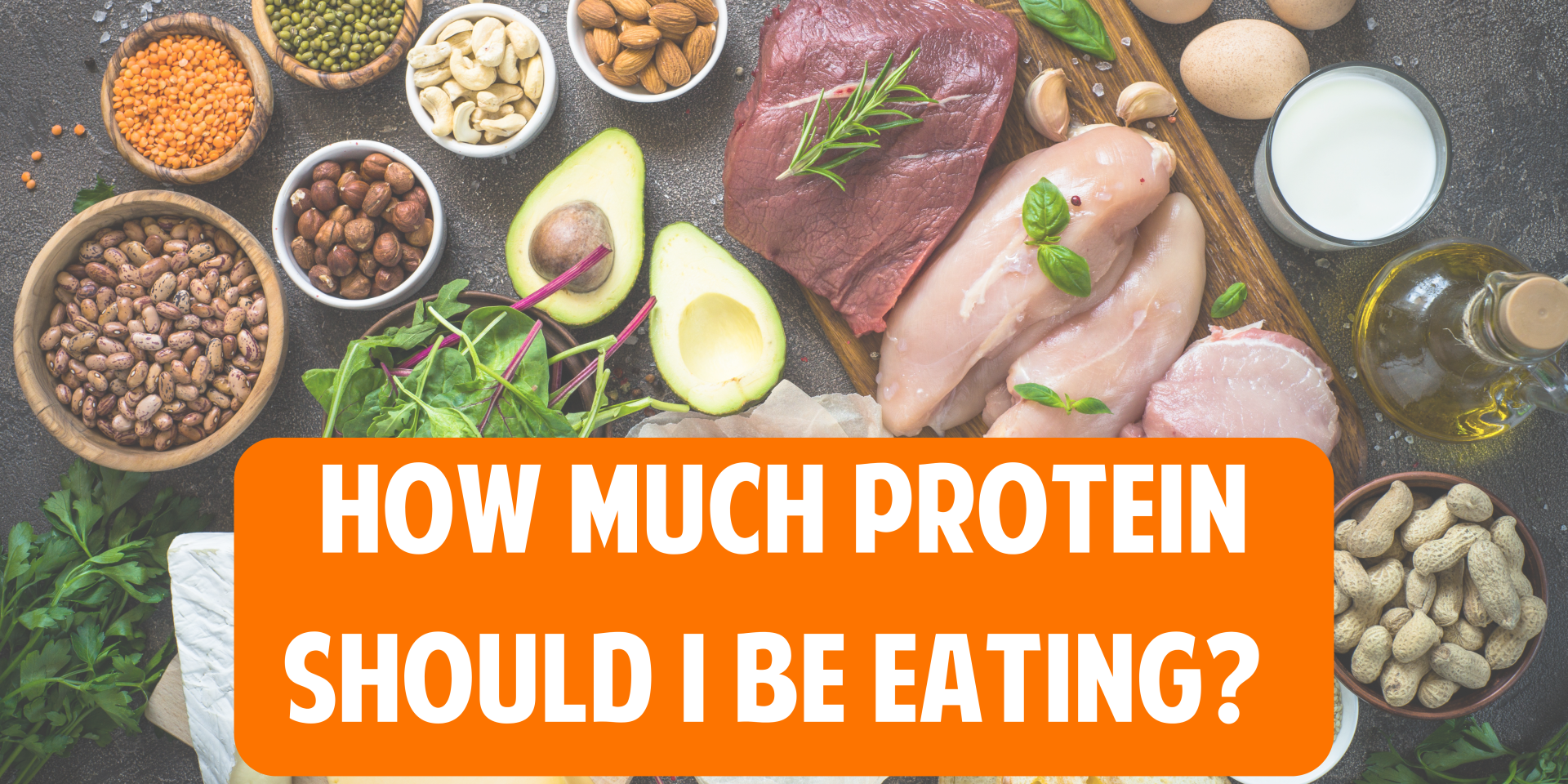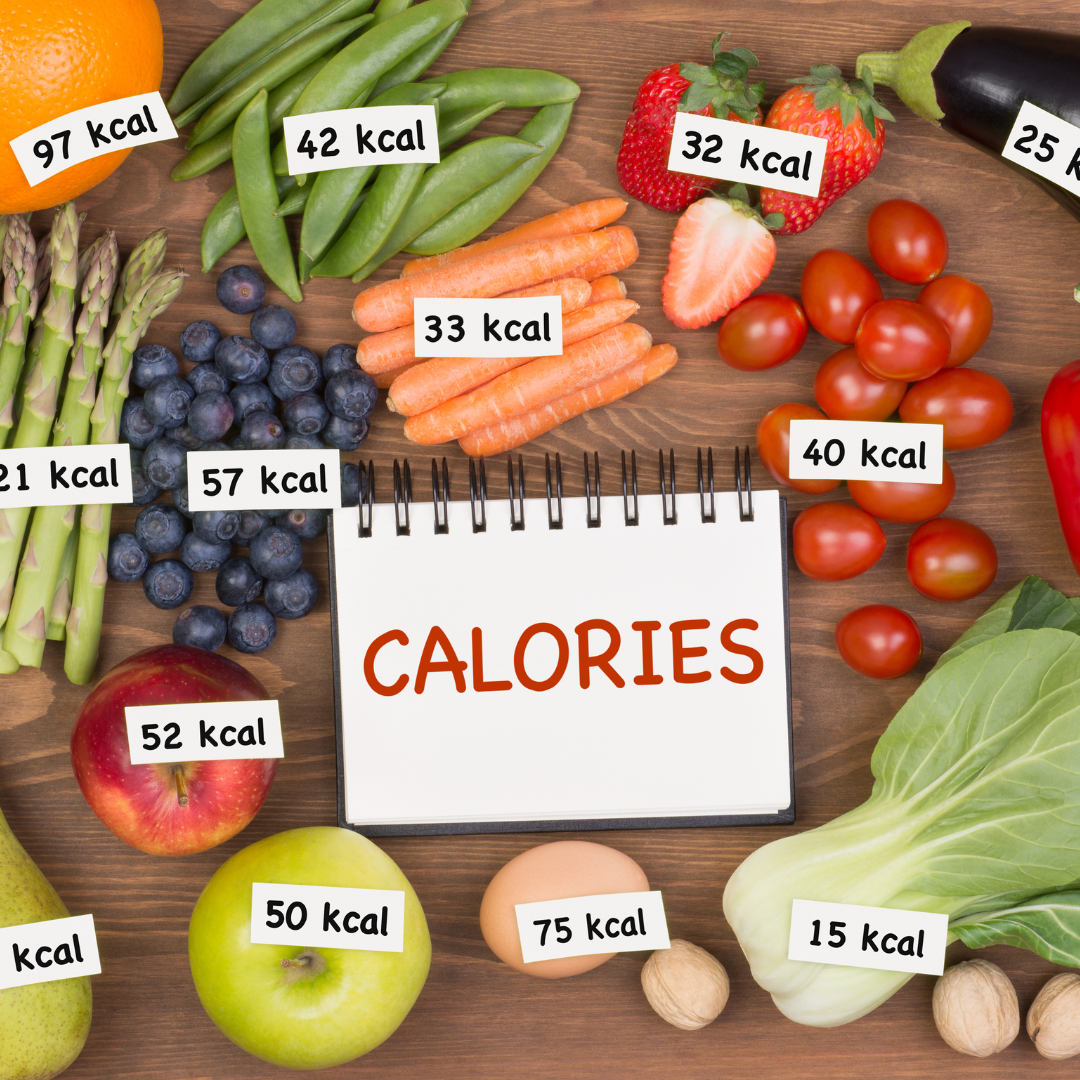How Much Protein Should I Be Eating?

Ideally, you should get between 10% and 35% of your calories from protein. This changes according to your fitness goals, health, exercise level, and body composition. Your body uses protein to create and repair tissues, transfer nutrients, and perform several tasks.
But since everyone has different needs, knowing more about the elements at play makes it easier to figure out what's best for you. Let’s explore.
How Much Protein Is Recommended?
On a basic level, protein recommendations often fall into one of two categories: a percentage of your weight or your daily caloric intake.
Your overall calorie consumption will significantly impact how much protein you need. For instance, even if the percentages are the same: 150g per day versus 300g per day, 30% protein on a diet of 2000 calories (600 calories) is very different from 30% protein on a diet of 400 calories (1200 calories).
Therefore, estimating your protein intake in relation to your weight may be preferable because it remains constant regardless of the number of calories you consume. Consuming at least one gram of protein per pound of body weight, whether your daily calorie intake is 1,500 or 4,000, will help keep things consistent.

Why Getting Enough Protein Is Essential
Protein is necessary to live because it contains amino acids needed to develop and maintain muscles and bones. Additionally, new research indicates that protein quality—or the total amino acid composition of a protein source—may become more significant as you age.
Beyond your physical structure, protein also contributes to the control of various cellular functions, from your immune system to the flow of oxygen via your blood. Protein can also help you lose weight since it encourages the release of satiety signals in your small intestine, which makes you feel full.
Protein is also a super nutrient; it’s a multitasker and strongly influences your body's appearance and use. In addition to helping you feel fuller, protein strengthens your bones, boosts your immune system, and boosts brain function.
Here are some protein breakdowns in common foods:
- One cup of milk has eight grams of protein
- One cup of soy milk has about seven grams of protein
- One egg has six grams of protein
- A three-ounce piece of meat has about 21 grams of protein
- One cup of dry beans has about 16 grams of protein
- An eight-ounce container of yogurt has about 11 grams of protein
-
To recap, one gram of protein per pound of body weight is plenty whether you're attempting to grow muscle or even if you just want to maintain the muscle you already have while losing fat.
If you'd like, you can eat more. Nevertheless, remember that it won't significantly affect how quickly you put on muscle.
